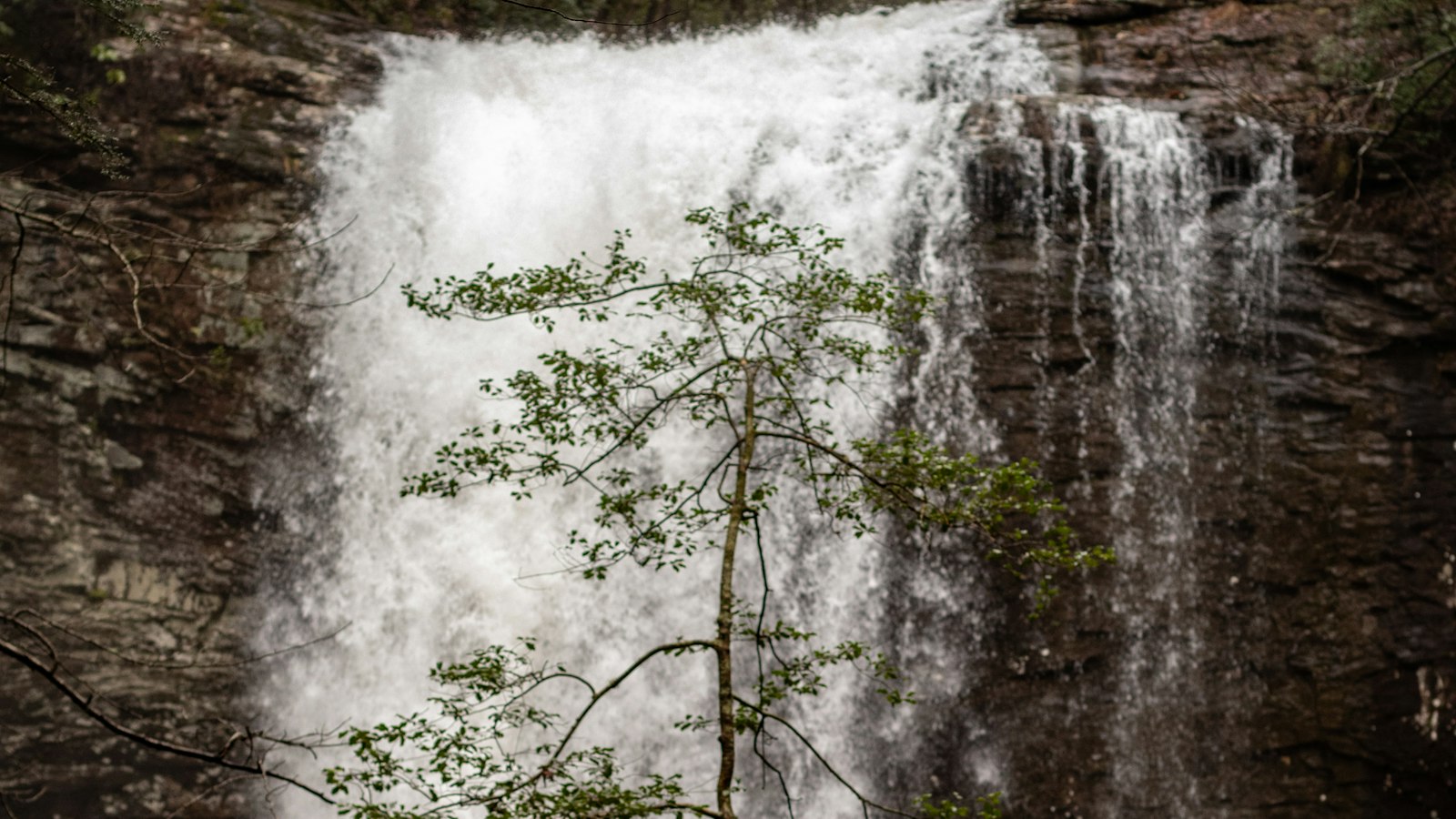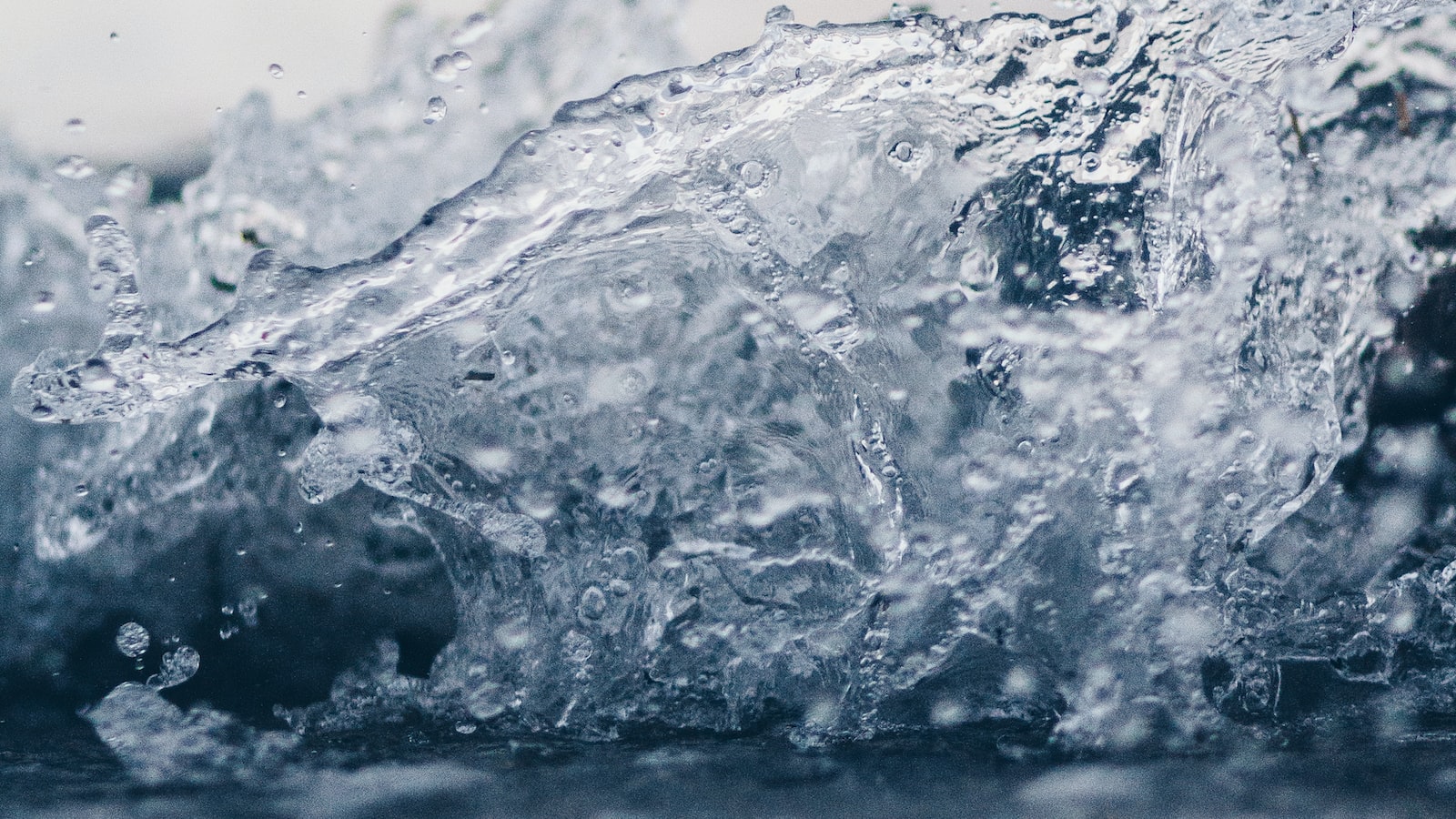As the sun casts its warm embrace upon the earth, our gardens transform into flourishing havens of vibrant colors and soothing scents. But amidst this picturesque beauty, there lies a hidden challenge, one that concerns the precious resource we often take for granted – water. Today, let us embark on a journey to explore the art of conservation and discover innovative ways to reduce water usage in our gardens. In this article, we will delve into the realm of sustainability and unveil a multitude of tips and tricks to ensure that our gardens thrive without draining our planet’s most vital lifeline. So, put on your gardening gloves and join us as we unveil the secrets to transforming our outdoor spaces into water-wise oases.
Water-Saving Techniques for a Lush and Sustainable Garden
One of the key challenges faced by gardeners is finding ways to maintain a lush and vibrant garden while also conserving water. There are numerous water-saving techniques that can be employed to achieve this delicate balance between sustainability and beauty. By implementing these techniques, you can reduce water usage in your garden and play your part in preserving this precious resource.
1. Mulching: Mulching is a simple yet effective technique that can significantly reduce water evaporation from the soil. Covering the soil around your plants with a layer of organic mulch, such as straw or wood chips, helps to retain moisture and keep the roots cool during hot weather. It also suppresses the growth of weeds, minimizing competition for water.
2. Drip Irrigation: Consider installing a drip irrigation system in your garden, which delivers water directly to the roots of plants, minimizing waste. Unlike traditional sprinkler systems, drip irrigation only uses the necessary amount of water, reducing evaporation and runoff. This targeted watering method not only saves water but also promotes healthier plant growth by preventing fungal diseases that thrive in wet foliage.

Exploring Eco-Friendly Irrigation Methods for Water Conservation
When it comes to maintaining a lush and vibrant garden, water conservation plays a vital role. Exploring eco-friendly irrigation methods not only helps to preserve our precious water resources but also promotes a greener and more sustainable lifestyle. Here are some fantastic techniques you can implement in your garden to reduce water usage:
- Drip Irrigation: This method delivers water directly to the plant’s roots, minimizing wastage through evaporation or runoff. By installing drip emitters or soaker hoses, you can ensure that every drop counts.
- Greywater Recycling: Instead of allowing used water from showers, bathtubs, or laundry to go to waste, consider utilizing greywater for your garden. With the help of a filtration system, this recycled water can provide an efficient and sustainable source of irrigation for your plants.
- Rainwater Harvesting: Install a rain barrel or a larger cistern to collect rainwater from your roof’s gutters. This harvest can serve as a valuable supplemental water source during drier periods, reducing the reliance on municipal water.
Incorporating these eco-friendly irrigation methods not only minimizes water wastage but also helps to maintain a healthier garden ecosystem. Additionally, it can lead to lower water bills and contribute to a more sustainable future. Remember, small changes in our gardening practices can have a significant impact on conserving our precious water resources for generations to come. So, let’s embrace these methods and be proud gardeners promoting water conservation!

Practical Tips to Minimize Water Usage and Maintain a Healthy Garden
With increasing concerns about water scarcity and environmental impact, it has become essential to find ways to reduce water usage in our gardens. By adopting practical tips for minimizing water consumption, you can not only contribute to conserving this precious resource but also maintain a healthy and flourishing garden.
Nurture the soil:
Focus on improving the quality of your soil as it plays a crucial role in moisture retention. Add organic matter such as compost or well-rotted manure to enhance water-holding capacity. This will help the soil retain moisture for longer periods, reducing the need for frequent watering. Additionally, consider using mulch to cover the soil’s surface. Mulching not only suppresses weed growth but also further minimizes water evaporation, keeping the soil moist and cool.
Smart watering techniques:
Optimize your watering schedule by incorporating smart techniques. Firstly, water your plants early in the morning or late in the evening to prevent evaporation loss. Secondly, employ targeted watering methods like drip irrigation or soaker hoses, which deliver water directly to the roots rather than wasted on foliage. Lastly, be mindful of overwatering – ensure proper drainage in your garden beds to avoid waterlogging and monitor the moisture levels before watering again.

Smart Gardening Practices to Reduce Water Consumption and Foster Environmental Balance
In today’s eco-conscious world, it is essential to adopt smart gardening practices that not only promote environmental balance but also reduce water consumption. By implementing these simple yet effective techniques, you can make a positive difference in your garden and contribute towards a sustainable future.
1. Mulching: Mulching is one of the easiest and most effective ways to conserve water in your garden. Simply spread a layer of organic mulch around your plants, leaving a small gap near the stem to prevent any rotting. Mulch acts as a natural barrier, locking in moisture, preventing soil erosion, and suppressing weed growth. Additionally, organic mulch adds much-needed nutrients to the soil as it decomposes, promoting healthy plant growth. Opt for materials such as wood chips, straw, or compost for best results.
2. Efficient Irrigation: Another crucial aspect of water conservation in gardening is efficient irrigation. Consider using a drip irrigation system that delivers water directly to the roots of your plants while minimizing evaporation. This not only reduces water wastage but also ensures that your plants receive the right amount of moisture. If drip irrigation is not feasible, opt for low-flow sprinklers and set them on a timer to avoid overwatering. Additionally, always water your garden during the early morning or late evening hours when evaporation is minimal. This way, your plants can fully benefit from the water provided, and you can save on your water bill.
As we bring this insightful journey to a close, it is evident that we hold the power to transform our gardens into water-wise sanctuaries. In understanding the various techniques and strategies, we have discovered that reducing water usage in our gardens is not an arduous task but rather a harmonious dance with nature.
By harnessing the wonders of mulching and proper soil cultivation, armed with the knowledge of plant selection and grouping, we can design resilient landscapes that thrive under minimal irrigation. Embracing the marvels of rainwater harvesting and installing efficient irrigation systems, we unlock the potential to not only conserve water but also nurture flourishing green spaces.
Remember, a newly sprouted seedling only needs a mere fraction of the water we usually lavish upon it. By adopting responsible watering practices, such as scheduling irrigation during cooler hours and employing the finger-test to determine soil moisture, we can make every drop count.
Together, let us embark on this journey towards a sustainable future, where lush gardens and water conservation live hand in hand. With every conscious decision we make, we contribute to the wellbeing of our planet and leave a lasting legacy for generations to come.
So go forth, fellow gardeners, armed with these invaluable insights and let your green thumbs weave the magic of sustainable gardening. May your gardens bloom with resilience, grace, and the vibrant hues of a water-wise paradise.




